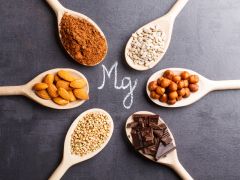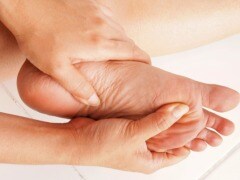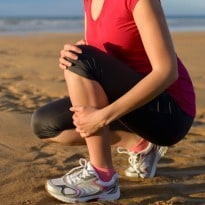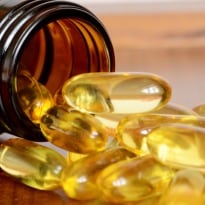


If you are in menopause before the age of 40, you have a higher fracture risk, even with calcium and vitamin D supplements, says a study.

A new study, published in theEuropean Journal of Epidemiology, suggests that people who lack magnesium in their diet may be at a higher risk of fractures

A recent case, reported in the Medico-Legal Journal, brings to light one such tragic incident where a 23-year old man with a hairline ankle fracture lost his life after his mother gave him a leg ...

Researchers conducted a survey on 26318 women and compared the risk of hip fracture in occasional meat eaters, regular meat eaters, pescatarians and vegetarians.

Despite some criticism of bike helmets for not being protective enough, they do cut the risk of severe traumatic brain injury (TBI) by half when riders suffer a head injury, a U.S. study suggests.

A new study has discovered genetically modified lettuce plants which could stimulate the growth of bone-building cells and promote bone regeneration.

The study also stated that the risk of fracture partly reduced with higher intake of dietary calcium and dietary protein and when Body Mass Index (BMI) was taken into account.

For long, fluoride has been used to treat osteoporosis due to it's ability to increase bone mass. However, several recent studies have revealed that it may increase the risk of bone fractures, especially hip fractures. ...

Recent studies have found that a diet rich in milk and other dairy products, may reduce the risk of falls and fractures in older adults. The findings were published in The BMJ (British Medical Journal)

Vitamin D supplements have no significant effect on preventing heart attack, stroke, cancer or bone fractures, according to a review of scientific evidence published Friday.Researchers led by Mark Bolland of the University of Auckland in ...